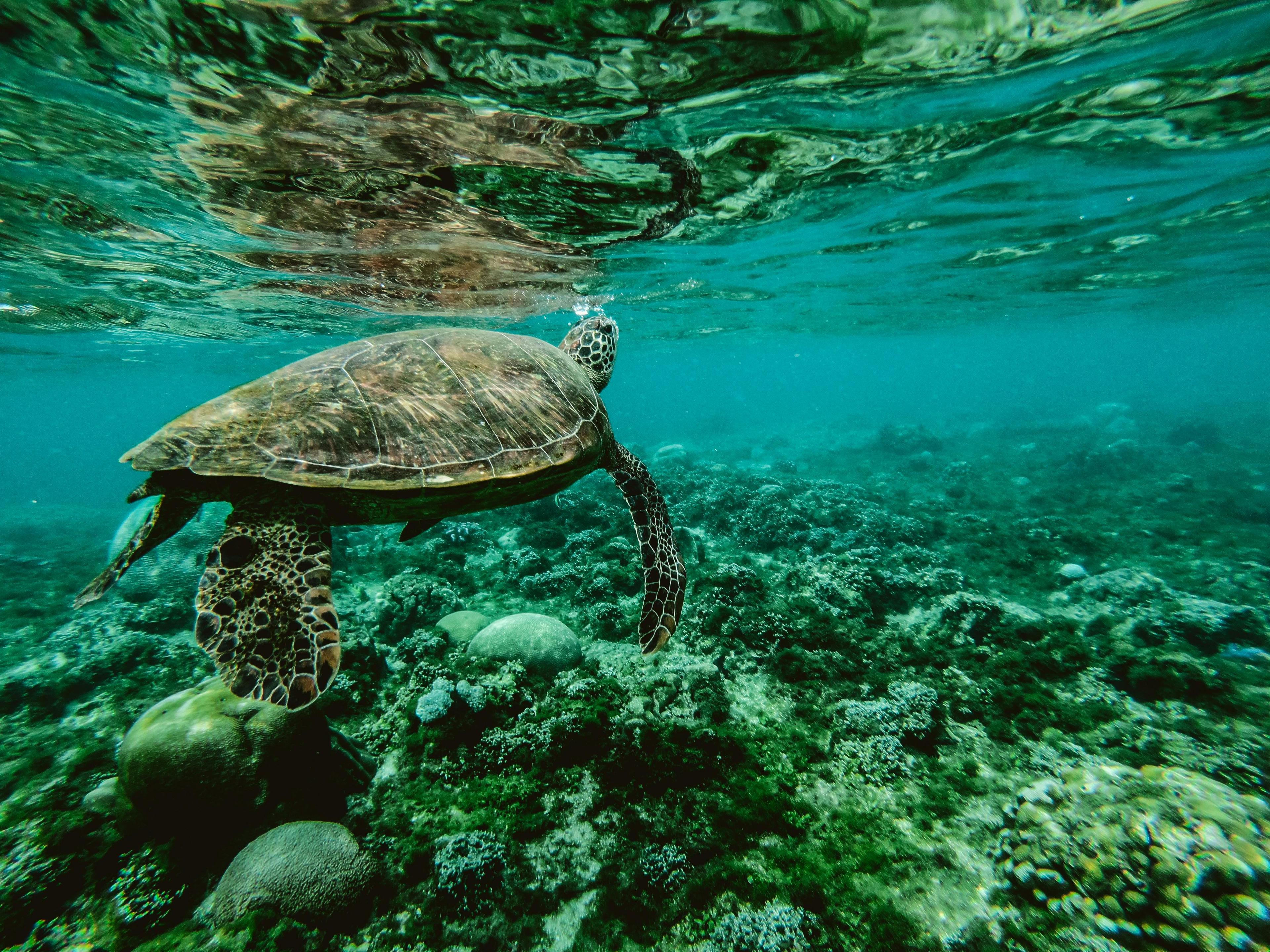
GENEVA (Enmaeya News) — A major global study by the Swiss Federal Institute of Aquatic Science and Technology (Eawag) has revealed that human activities are not only reducing species numbers but also fundamentally altering the composition of species communities across ecosystems. By comparing nearly 50,000 human-impacted sites with an equal number of relatively untouched sites, researchers found that biodiversity is being significantly changed across terrestrial, freshwater, and marine environments.
The five main human pressures—habitat modification, direct exploitation (such as hunting and fishing), climate change, pollution, and invasive species—were all shown to have strong negative effects, with pollution and habitat loss being especially damaging. On average, species numbers at impacted sites were 20% lower, with vertebrates experiencing the most notable declines.
The study also found that biodiversity loss goes beyond species count, with human influence reshaping which species thrive, potentially destabilizing ecosystem functions. Some regions showed signs of homogenization, where ecosystems are becoming too similar due to agriculture and other pressures, while others showed signs of complete species collapse.
The findings highlight the need for conservation strategies that go beyond simple species counts to include ecosystem function and composition. Researchers urge policymakers and conservationists to use these insights to design targeted, region-specific interventions to restore habitats, reduce pollution, and manage invasive species, ultimately aiming to reverse the trends threatening global biodiversity.



